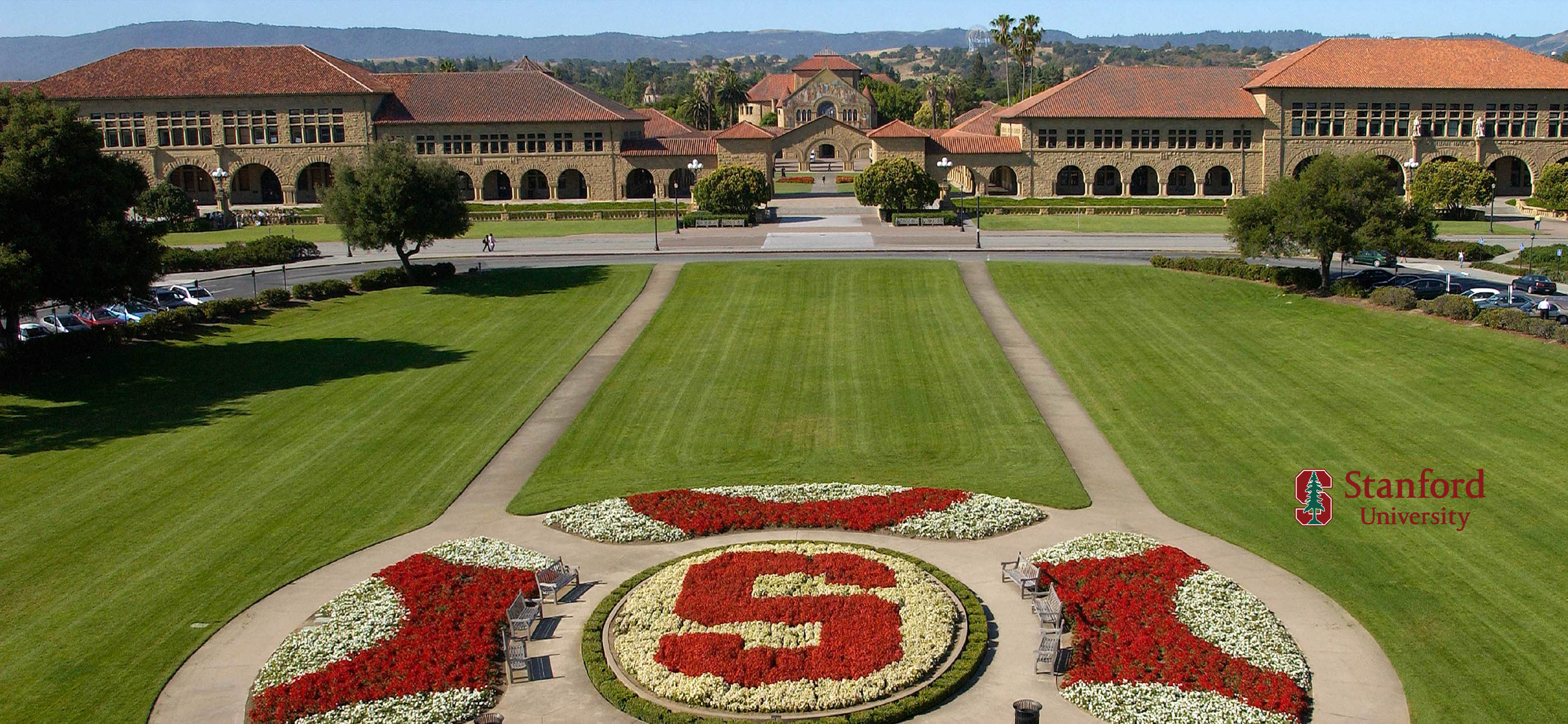University offers to invest $3.4 billion in housing development, including the construction of Below Market Rate housing, along with more than $1.1 billion in transportation improvements and other community benefits to address the critical pressures facing the region.
Today, Stanford University submitted its offer to Santa Clara County detailing a proposed $4.7 billion package of benefits that the university developed to address housing and transportation challenges facing Stanford and its community.
“The Stanford community is confronting the serious regional challenges of affordability, housing availability and traffic congestion, and we’re working to do our part to promote solutions that serve Stanford and our neighbors,” said Stanford President Marc Tessier-Lavigne. “This offer reflects our values as a residential university committed to sustainable development and service to the community.”
This offer, which would be part of a development agreement to support the university’s application for a long-term land use permit, called a General Use Permit, includes investing $3.4 billion in sustainable housing developments. Stanford’s proposal includes 2,172 workforce housing units, including 575 front-loaded Below Market Rate housing units, developed concurrently with a 1.2 percent annual growth rate of its academic facilities over roughly two decades.
In addition to the proposed housing benefits, the university plans to invest $1.17 billion to expand sustainable commute programs and funding for local bicycle, pedestrian and transit infrastructure projects in neighboring San Mateo County communities and Palo Alto. This investment in sustainable transportation programs will minimize congestion in nearby communities.
This offer also provides $138 million in funding for the Palo Alto Unified School District as part of the development agreement.
“Stanford continues to be a leader in improving the quality of life in our region by addressing housing affordability and access and finding innovative transportation solutions,” said Rosanne Foust, President & CEO, San Mateo County Economic Development Association (SAMCEDA). “Stanford currently is one of the most progressive employers in the region when it comes to providing housing and operates world-renowned sustainable commute programs that take millions of trips off the roads each year. With this offer, Stanford is raising the bar once again and showing its commitment to address housing and transportation challenges facing our region.”
